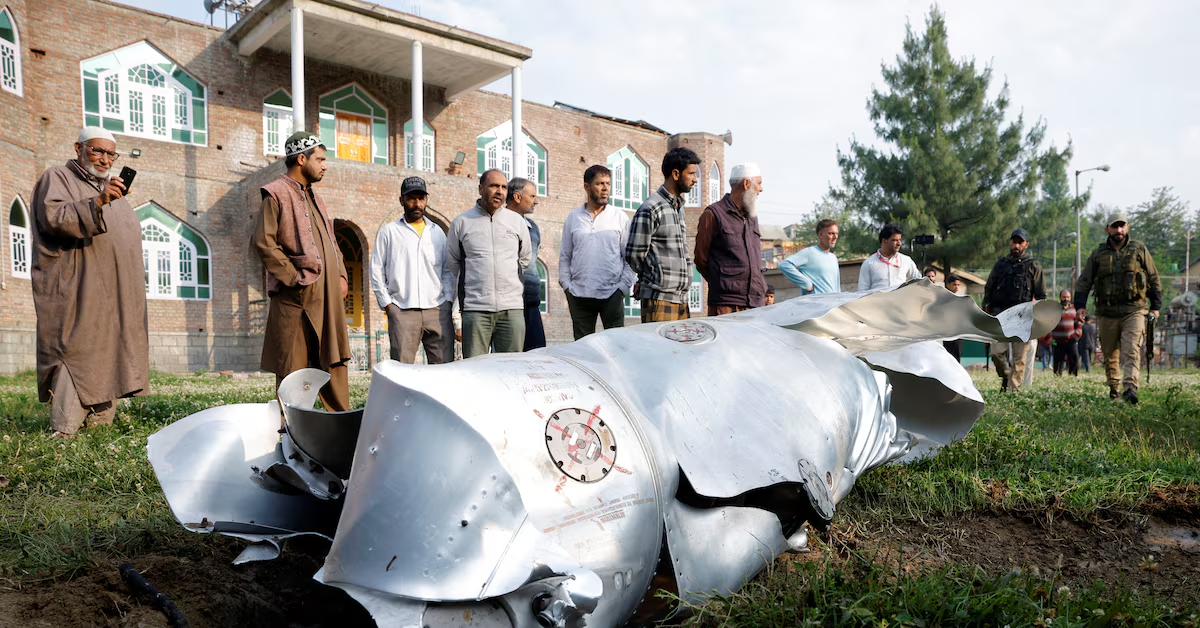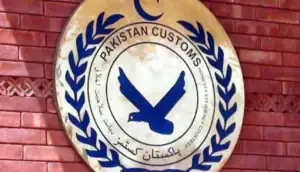Islamabad/Washington: A senior French intelligence official informed CNN (US News TV Media) on Thursday that a Rafale fighter jet operated by the Indian Air Force was confirmed to have been shot down by Pakistan, marking what appears to be the first combat loss of the advanced French-manufactured aircraft.
The confirmation follows Pakistan’s earlier claim that it had shot down five Indian military jets during retaliatory action, including three Rafale fighters. Indian authorities have yet to issue a formal response to these assertions.
According to the French official, investigations are underway to determine whether additional Rafale jets may have been lost in the confrontation that took place overnight.
The official did not provide further details but confirmed that French defense and intelligence agencies are closely examining the situation.
Images circulating from the crash site in Indian-administered Kashmir display aircraft debris bearing markings of a French aerospace manufacturer.
However, defense analysts have cautioned that the photos alone are insufficient to definitively identify the aircraft as a Rafale.
Dassault Aviation, the company behind the Rafale fighter, has not responded to multiple requests for comment from CNN. The French military has also refrained from making an official statement regarding the incident.
Read More: India Suffers $ 1 Bln Loss in Fighter Plane Crashes Only
The Rafale is a twin-engine, 10-ton multirole combat aircraft known for its agility and versatility.
It is equipped with a 30mm internal cannon, precision-guided munitions, cruise missiles, and air-to-air weaponry.
Prior to the latest hostilities, the Indian Air Force operated a fleet of 36 Rafales, acquired from Dassault under a high-profile defense agreement.
Also Read: Pakistan’s Rafale Strike Boosts Chengdu Aircraft Shares by 18%, Rattles Dassault Aviation
This incident adds a new dimension to the rapidly escalating tensions between India and Pakistan, and is likely to prompt fresh international scrutiny over the conflict and its potential impact on regional security and arms trade dynamics.









